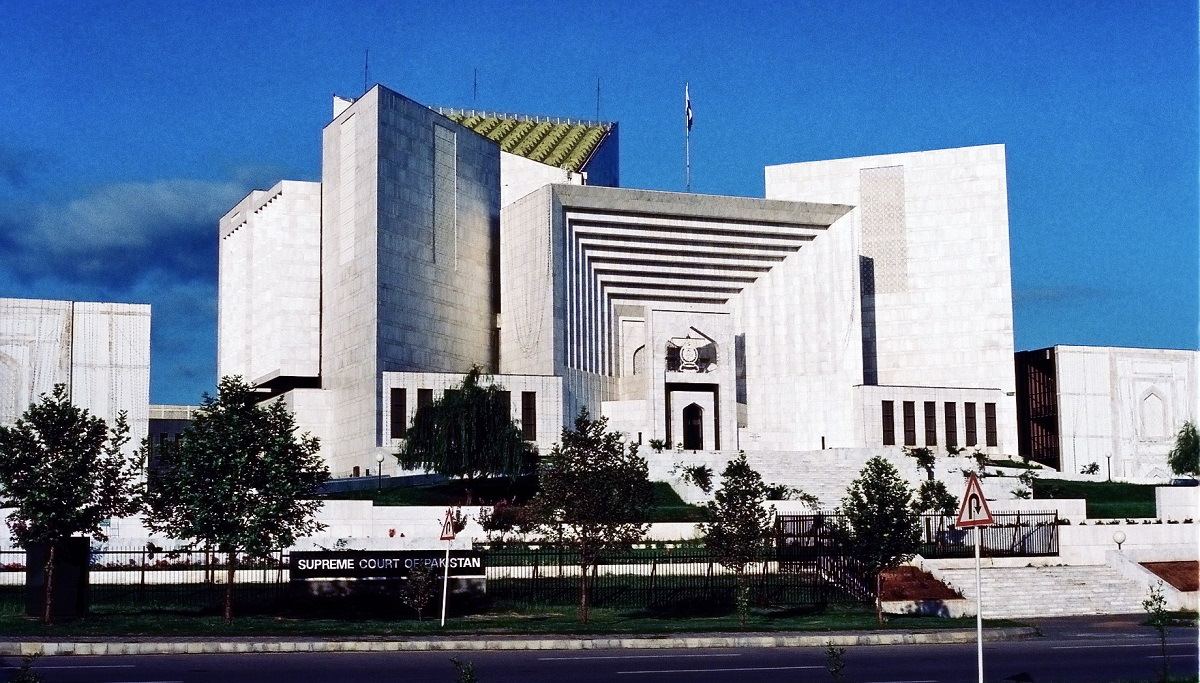Judicial Commission Approves Ad Hoc Appointments Amidst Controversy
In a bid to reduce the backlog of cases, the Judicial Commission of Pakistan (JCP) approved the appointment of two former Supreme Court judges, Justice (retd) Tariq Masood and Justice (retd) Mazhar Alam Miankhel, as ad hoc judges for a one-year term. This decision came after a JCP meeting chaired by Chief Justice of Pakistan (CJP) Qazi Faez Isa on Friday.
The JCP’s decision aims to address the significant number of pending cases in the apex court. Despite Justice (retd) Miankhel initially declining the offer “due to personal reasons,” his appointment was eventually approved by a 6:3 majority. It remains to be seen whether he will accept the position or maintain his previous stance. Justice (retd) Masood’s appointment saw stronger support, passing with an 8:1 majority, with Justice Muneeb Akhtar being the sole dissenter.
The approval process was not without its challenges. Justice Mansoor Ali Shah, Justice Muneeb Akhtar, and Justice Yahya Afridi opposed Justice (retd) Miankhel’s appointment, citing his earlier refusal. Despite this, the majority decision prevailed, highlighting the complexity and urgency surrounding the reduction of case pendency.
The decision to appoint ad hoc judges has been met with mixed reactions, particularly from political entities. The Pakistan Tehreek-e-Insaf (PTI) party has expressed strong opposition, arguing that such appointments could undermine the judiciary’s independence. PTI Secretary General Omar Ayub conveyed these concerns in a letter to the JCP, criticizing the lack of parliamentary discussion on the matter. Ayub stressed that the appointments might be politically motivated, potentially targeting the PTI.
In contrast, the government, represented by Minister for Law and Justice Azam Nazeer Tarar, supported the appointments.
Tarar emphasized that the Constitution permits such measures, asserting the legality and necessity of the decision.
The controversy surrounding the ad hoc appointments reflects broader issues within Pakistan’s judicial system. The backlog of cases has long been a significant challenge, necessitating innovative solutions to ensure timely justice. The JCP’s decision underscores the tension between judicial efficiency and political considerations.
The appointment of Justice (retd) Tariq Masood and Justice (retd) Mazhar Alam Miankhel as ad hoc judges is a critical step towards addressing the case backlog in Pakistan’s Supreme Court. However, the decision has sparked a political debate about the judiciary’s independence and the appropriate process for such appointments. As the situation develops, it will be essential to monitor the impacts of these appointments on the judiciary’s functionality and public perception.



